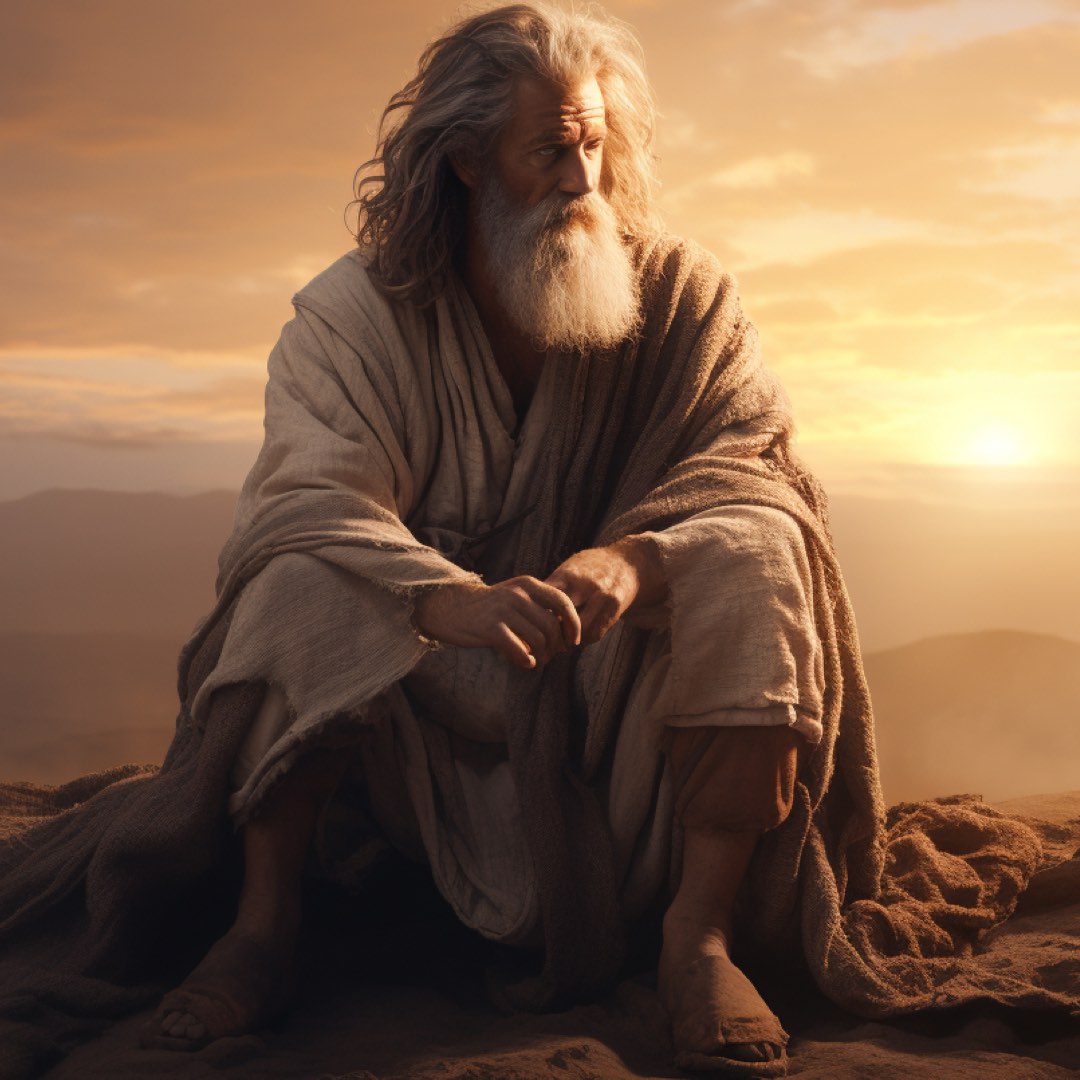Good morning friends, today I would like to approach the complex scenario of the Gaza Strip from an unusual point of view, focusing on its relationship with the Old Testament. It is a topic that is often overlooked in the Western media but, as we shall see, the link between Gaza and the Bible is very close, almost in a futuristic sense. This analysis underlines the importance of truly understanding what the Bible says and to whom it refers.
To explore this approach, I will use the reflections of French thinker Laurent Guyenot, author of works on anthropology, history, politics and sociology. His point of view is alternative to what we commonly hear, but my intention here is to examine his method rather than make personal judgements on his work.
Guyenot begins by analysing the Abrahamic Accords of 2020 pointing out that Palestine, and particularly Gaza, was excluded from the negotiations. This strategic exclusion, says the author, was orchestrated by Netanyahu to favour Israeli colonisation of the West Bank by targeting the PLO chairman, Abu Mazen. This allowed Hamas to obtain funding from Qatar and Algeria, fuelling tensions in the region.
In Netanyahu’s statement of 25th October, the author highlights the comparison between Hamas and ISIS, stating that “all Hamas militants must die above ground, below ground, inside and outside Gaza”. The Israeli prime minister presents the war against Hamas as a struggle between “the axis of evil” and “the axis of freedom and progress”, with Israel and its allies designated as “the people of light”.
A key moment, Gueynot points out, is when Netanyahu, calling for national unity, states that the war against Hamas will fulfil Isaiah’s prophecy. We read directly from Isaiah chapter 60, where it says: “You shall drink the milk of the nations, you shall sip at the breast of kings, you shall know that I Yahweh am your saviour, your redeemer, I, the strong man of Jacob.” This biblical passage, according to Netanyahu, is the prophecy being fulfilled.
Guyenot does not mean to label Netanyahu a psychopath, but he points out that there is a collective psychopathy in Israel: a concept he believes is crucial to understanding the country’s behaviour. He refers to Freud’s words on religion as a “collective neurosis”, pointing out that the collective psychopathy in Israel manifests itself in the lack of empathy and the absence of moral inhibitions when it comes to the pursuit of power.

The French thinker argues that collective psychopathy in Israel is cultural and rooted in the Hebrew Bible. Yahweh, the God of Israel, is described as a jealous, angry and lonely god, who shows an implacable hatred towards other gods, considering them not to be true gods. The Bible is seen as the fundamental mandate of Zionism, as evidenced by the statements of leaders like Chaim Weizmann.
Guyenot concludes by emphasising that the Zionist movement is intrinsically linked to the Bible. Theodor Herzl, prominent theorist of Zionism, although not directly inspired by the Bible, called his ideology “Zionism” using the biblical name for Jerusalem. Later leaders, such as Ben-Gurion, maintained a biblical mindset, linking the rebirth of Israel to the biblical stories of exodus, conquest and revolt.
Finally, the Guyenot calls for a thorough understanding of the Bible in order to fully grasp current events. The 2018 law declaring Israel as the national home of the Jewish people is seen as a realisation of the biblical vision of a Jewish Israel.
This summary of Laurent Guyenot’s reflections offers an alternative perspective that can stimulate critical thinking and debate. As with any analysis, it is important to examine different sources and perspectives in order to gain a more comprehensive view of the complex events involving Gaza and the surrounding region.

Historical and Theological Perspective
To fully understand the context of Laurent Guyenot’s alternative perspective, it is useful to examine the historical and theological connection between the Jewish people, the Land of Israel and the Bible.
The concept of a promised land to Israel is deeply rooted in the Old Testament, particularly in the books of Genesis and Exodus. According to the biblical narrative, God promised Abraham and his descendants a land flowing “from the river of Egypt to the great river, the river Euphrates” (Genesis 15:18). This promise was later reaffirmed to Isaac and Jacob.
The conquest of the Land of Canaan by the Israelites under the leadership of Joshua is another key element of the biblical story. The vision of a land given by God to his chosen people has helped to shape Jewish national identity throughout the centuries.
The theological aspect of the relationship between Israel and the Promised Land is fundamental to understanding Zionism. The idea that the rebirth of Israel was a manifestation of the divine will, linked to the promises made in the Tanakh (Old Testament), played a significant role in Zionist ideology.
However, it is important to note that there are divergent interpretations within the Jewish world as to how to understand these biblical promises. While some see a direct connection between current events and biblical prophecies, others view these narratives as symbolic or allegorical, emphasising the need for a more flexible interpretation.

Zionism and Modern Israeli Politics
The term ‘Zionism‘ is derived from ‘Zion’, another name for Jerusalem, and the 19th century Zionist movement aimed to establish a Jewish state in the Land of Israel. Theodor Herzl, often considered the father of modern Zionism, sought to realise this goal, regardless of theological interpretations.
Zionism gained momentum during the 20th century, culminating in the declaration of independence of the State of Israel in 1948. However, its implementation led to conflicts with the Palestinian population already residing there.
Conclusions and Future Perspectives
Guyenot’s alternative perspective raises important questions about the link between theology, history and politics in the Middle East. The analysis of the Bible as a source of inspiration for Zionist ideology provides a lens through which to examine the complexity of the situation.
It is crucial to recognise the diversity of opinions and interpretations within the Jewish community, as there are many voices offering varied perspectives on Israel’s history and politics. Open debate and constructive dialogue can contribute to a greater understanding of the historical and theological roots of conflicts in the region and provide a basis for peaceful coexistence and justice.





